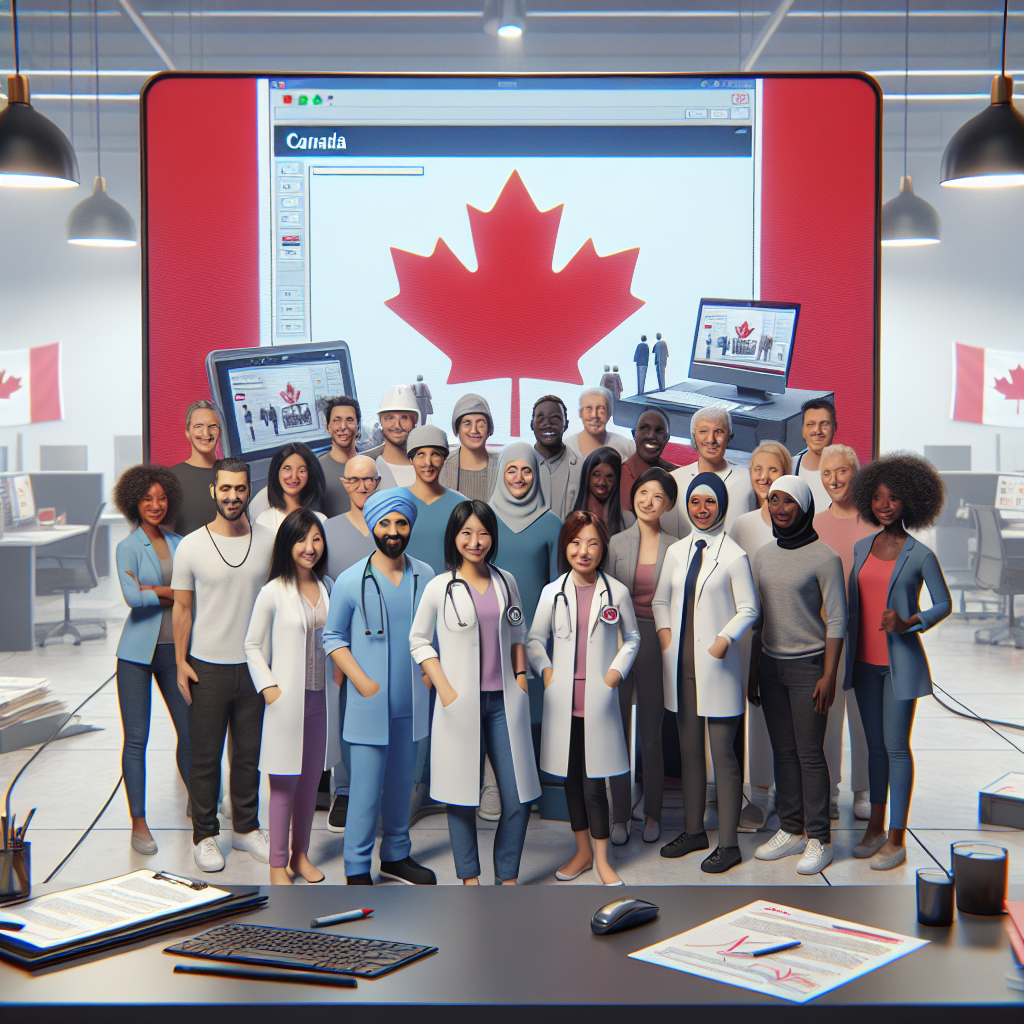New Canadian Work Permit Policy: What You Need to Know

Navigating the New Canadian Work Permit Landscape: Key Updates and Implications
In June 2025, the Canadian government rolled out pivotal changes to its Work Permit policy through Immigration, Refugees and Citizenship Canada (IRCC). These updates aim to simplify the application process, enhance protections for temporary workers, and synchronize immigration strategies with labor market needs. For anyone engaged in this space—whether applicants, employers, or existing skilled workers—understanding these changes is crucial for maximizing opportunities and ensuring compliance.
Key Changes in the June 2025 Work Permit Policy
One of the most noteworthy updates is the introduction of a centralized digital application platform, which integrates the requirements for both employers and applicants into a single streamlined system. This platform allows real-time updates, status tracking, and document submissions, significantly speeding up the application process and enhancing transparency.
Another major change is the provision of open work permits for vulnerable workers in high-demand sectors such as agriculture, caregiving, and hospitality. These permits allow workers to change employers without needing a new Labor Market Impact Assessment (LMIA), thereby safeguarding them against potential exploitation and job instability.
Why These Changes Matter
The impetus behind these updates stems from a dual pressure: urgent labor shortages in Canada and reports of mistreatment among temporary workers. By addressing these issues, the IRCC aims not only to facilitate a faster employment process for qualified workers but also to ensure that Canadian employers adhere to fair hiring practices, including competitive wages and safe working conditions.
Enhancements for Temporary Workers
Temporary workers stand to gain significantly from the increased transparency and flexibility introduced by the new policy. Workers holding employer-specific permits can now apply for a one-time open work permit if they face workplace abuse or violations of their contracts. This measure is a critical step towards protecting foreign workers and fostering fair labor conditions.
Moreover, the IRCC has expanded support services for newcomers, offering legal aid, multilingual resources, and education about employment rights—tools that empower workers to advocate for themselves in situations of exploitation.
Implications for Employers and the LMIA Process
On the employer side, the updated policy is expected to reduce LMIA processing times by approximately 30%, thanks to automation and improved data sharing between IRCC and Employment and Social Development Canada (ESDC). This efficiency allows companies to onboard international talent more swiftly and with fewer administrative hurdles.
However, the policy also imposes stricter compliance requirements. Employers must now furnish proof of adherence to regulations regarding worker protections, including standards for accommodation, wage records, and safety audits. Non-compliance could lead to bans from the Temporary Foreign Worker Program, underscoring the importance of ethical hiring practices.
Open Work Permit Extensions and Family Integration
Another significant update is the extended eligibility for open work permits for spouses and common-law partners of temporary workers. This change, which applies regardless of the primary worker’s job skill level, facilitates family unity and supports long-term settlement plans in Canada—an attractive proposition for international talent.
Application Strategies for Prospective Workers
For those looking to work in Canada, staying abreast of IRCC policies is vital. Here are some practical tips to navigate the 2025 changes:
- Utilize the New Digital Portal: This platform is now the fastest and most efficient way to submit work permit applications and track their status.
- Review LMIA Requirements: While some occupations are exempt, others still require LMIA approval. The IRCC provides an updated list for reference.
- Prepare Accurate Documentation: Ensure all paperwork is complete and accurate to avoid delays or denials.
- Understand Your Rights: Familiarize yourself with worker protection laws and resources available through the IRCC’s multilingual guides.
Who Stands to Gain?
The immediate beneficiaries of these changes include skilled workers in sectors like healthcare, technology, construction, and agriculture—areas experiencing acute labor shortages. Employers with a solid compliance history will also see expedited approvals and increased access to foreign talent. Vulnerable workers, particularly in seasonal or caregiving roles, will enjoy enhanced mobility and protections through the newly introduced open permit reforms.
Looking Ahead: The Future of Immigration and Work in Canada
The June 2025 updates reflect Canada’s progressive stance on workforce development and human rights. As the nation grapples with a declining domestic workforce and rising economic demands, it positions itself as an appealing destination for international talent.
Moving forward, the IRCC plans to monitor the impact of these changes closely and has hinted at further enhancements, including potential multi-entry work permits and expanded digital tools for 2026.
Conclusion
The recent changes to the Canadian Work Permit policy represent a significant shift towards a more efficient, protective, and responsive immigration system. As labor market needs evolve, so too does Canada’s approach to attracting and retaining skilled workers, making it essential for all stakeholders to stay informed and adaptable in this dynamic environment.



